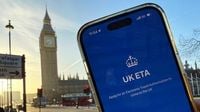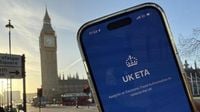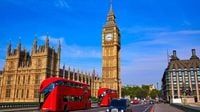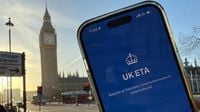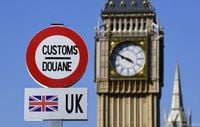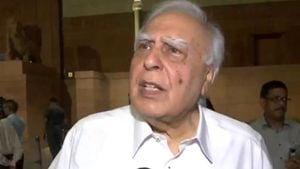Travelers to Great Britain now face new entry requirements as the Electronic Travel Authorisation (ETA) becomes mandatory starting April 2, 2025. This regulation, which affects all travelers from EU states, requires visitors to obtain an ETA in addition to holding a valid passport.
The ETA, which costs 10 British pounds (approximately 12 euros), is valid for two years and allows multiple entries into the UK, with each stay lasting up to six months. However, travelers should be aware that the fee is set to increase to 16 pounds (around 19 euros) beginning April 9, 2025, as announced by the British government.
To apply for the ETA, travelers can use the official "UK ETA" smartphone app or the online portal provided by the British government. The application process involves answering a series of questions, uploading a passport photo, and submitting a personal portrait. The processing time can take up to 72 hours, so applicants are advised to plan ahead to avoid any last-minute issues.
Importantly, the ETA requirement applies to all travelers, including infants, and must be obtained for each individual. However, passengers who are only transiting through a British airport without leaving the transit area are exempt from needing an ETA. This exemption is a relief for many travelers, especially those connecting to international flights.
Elaine McIlroy, an immigration lawyer, emphasizes the importance of obtaining the ETA before traveling. She warns that airlines, Eurostar staff, and ferry operators will check for a valid ETA during the check-in process. "If they allow someone to board without an ETA, they could face penalties," she said.
The introduction of the ETA is part of the UK government’s broader strategy to enhance border security and streamline entry processes. By implementing this digital authorization, officials aim to conduct preliminary security checks on travelers, thereby preventing potential threats from entering the country.
Travelers may be surprised by the new requirements, as many are accustomed to booking last-minute trips without such hurdles. McIlroy notes that the British government has been proactive in informing the public about the ETA through various channels, including online videos and official communications.
For those unfamiliar with the application process, the ETA can be applied for via the app or website, where applicants must provide personal details and upload the necessary photographs. Payment can be made using credit cards or digital payment options like Apple Pay and Google Pay, but travelers should be cautious of third-party services that may charge exorbitant fees for ETA applications.
Similar electronic travel authorization systems are already in place in other countries, such as the United States with its ESTA (Electronic System for Travel Authorization) and the upcoming ETIAS (European Travel Information and Authorisation System) in the EU, expected to launch in late 2026.
As the travel landscape continues to evolve, the introduction of the ETA marks a significant shift in how travelers plan their trips to the UK. With the increase in digital security measures, the British government aims to balance ease of travel with the need for enhanced safety.
Travelers are encouraged to stay informed about the latest requirements and to apply for their ETA well in advance of their planned journeys. By doing so, they can ensure a smoother travel experience without the stress of last-minute complications.
The ETA is not just a bureaucratic hurdle; it represents a new era of travel where digital processes play a crucial role in ensuring security and efficiency at borders. As global travel resumes post-pandemic, understanding these changes will be vital for anyone looking to visit Great Britain.
In summary, from April 2, 2025, travelers from EU countries must obtain an ETA to enter the UK. The application process is straightforward, but it requires careful planning to accommodate the processing time and fee changes. With the ongoing evolution of travel regulations, staying informed and prepared is more important than ever.
